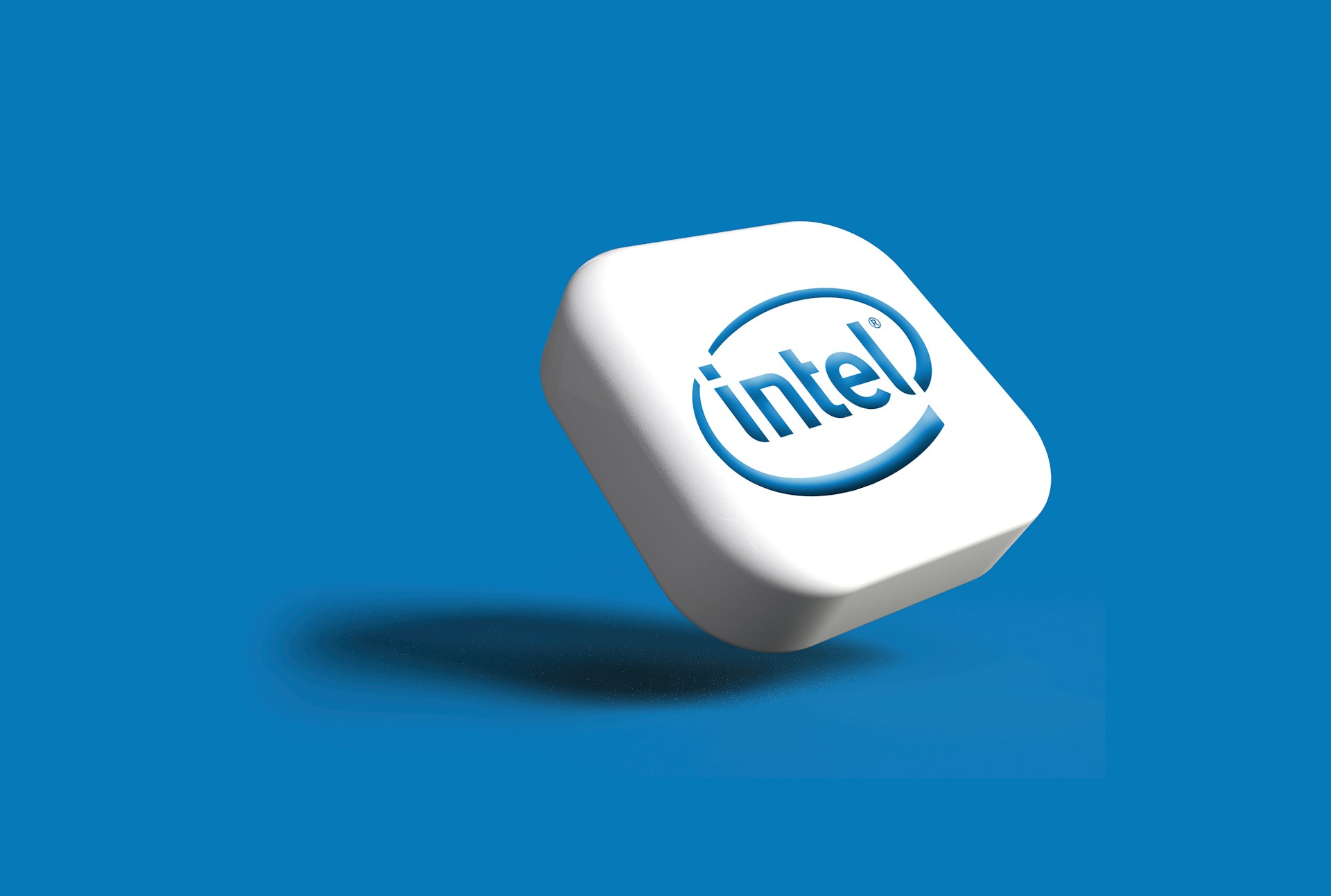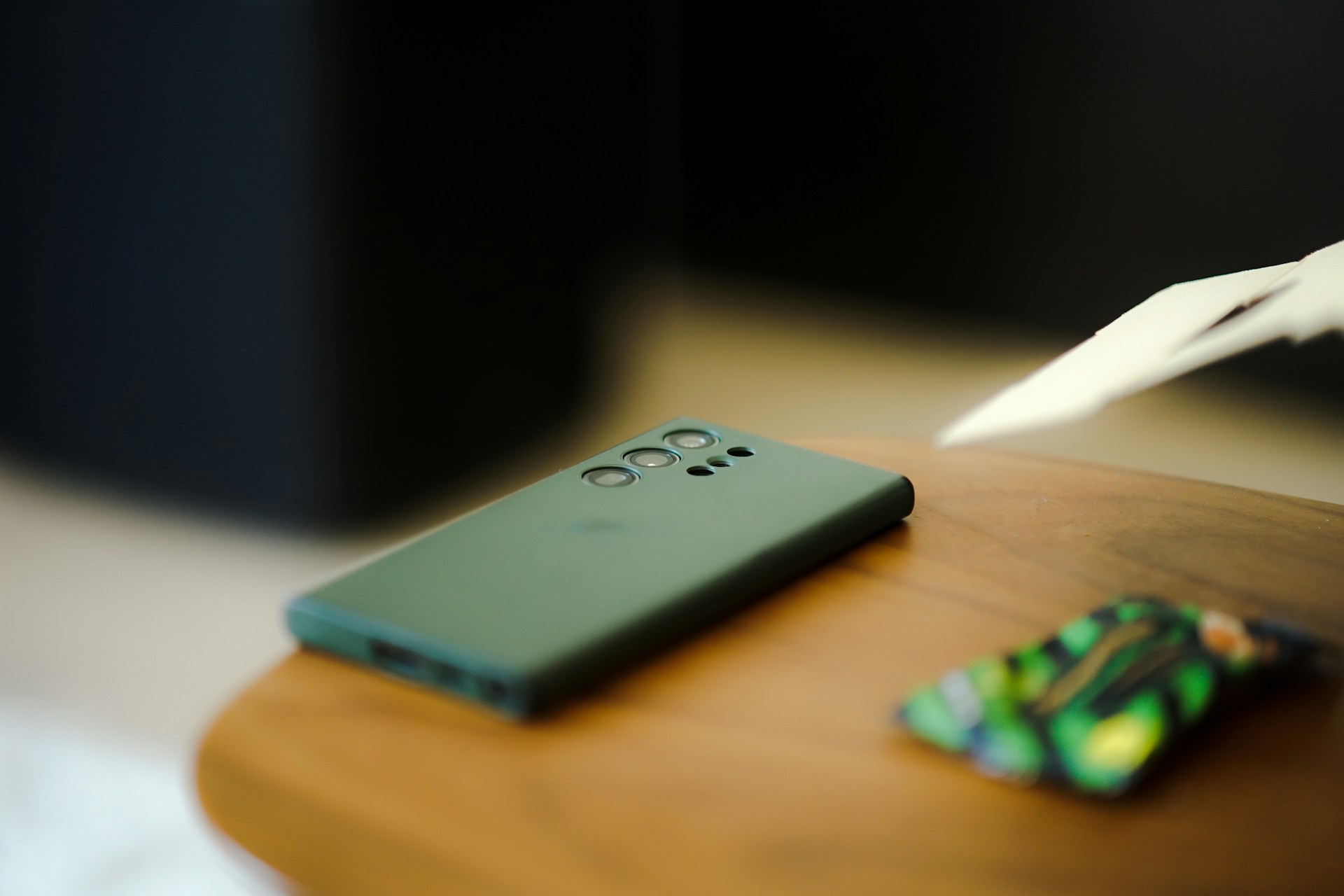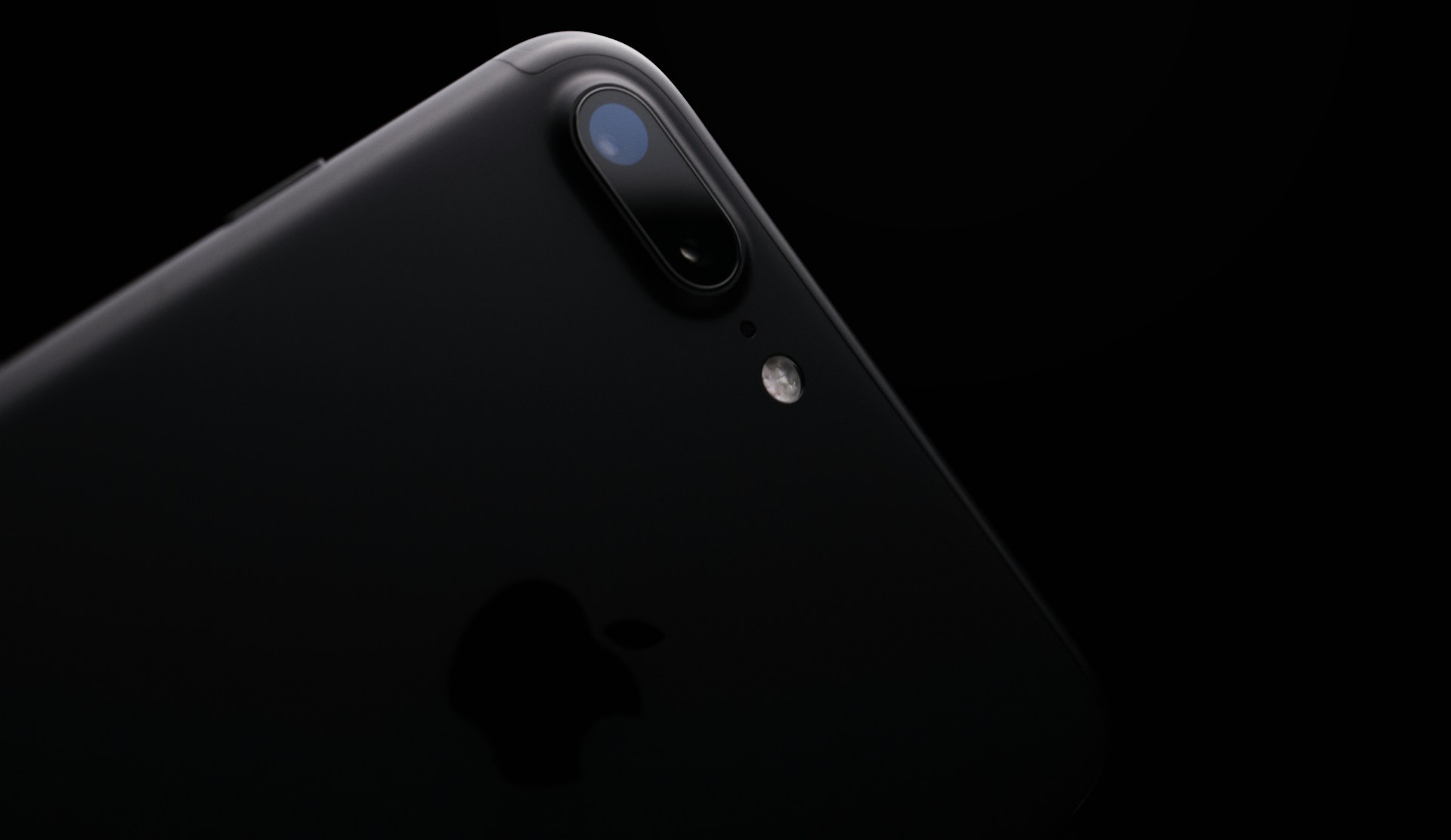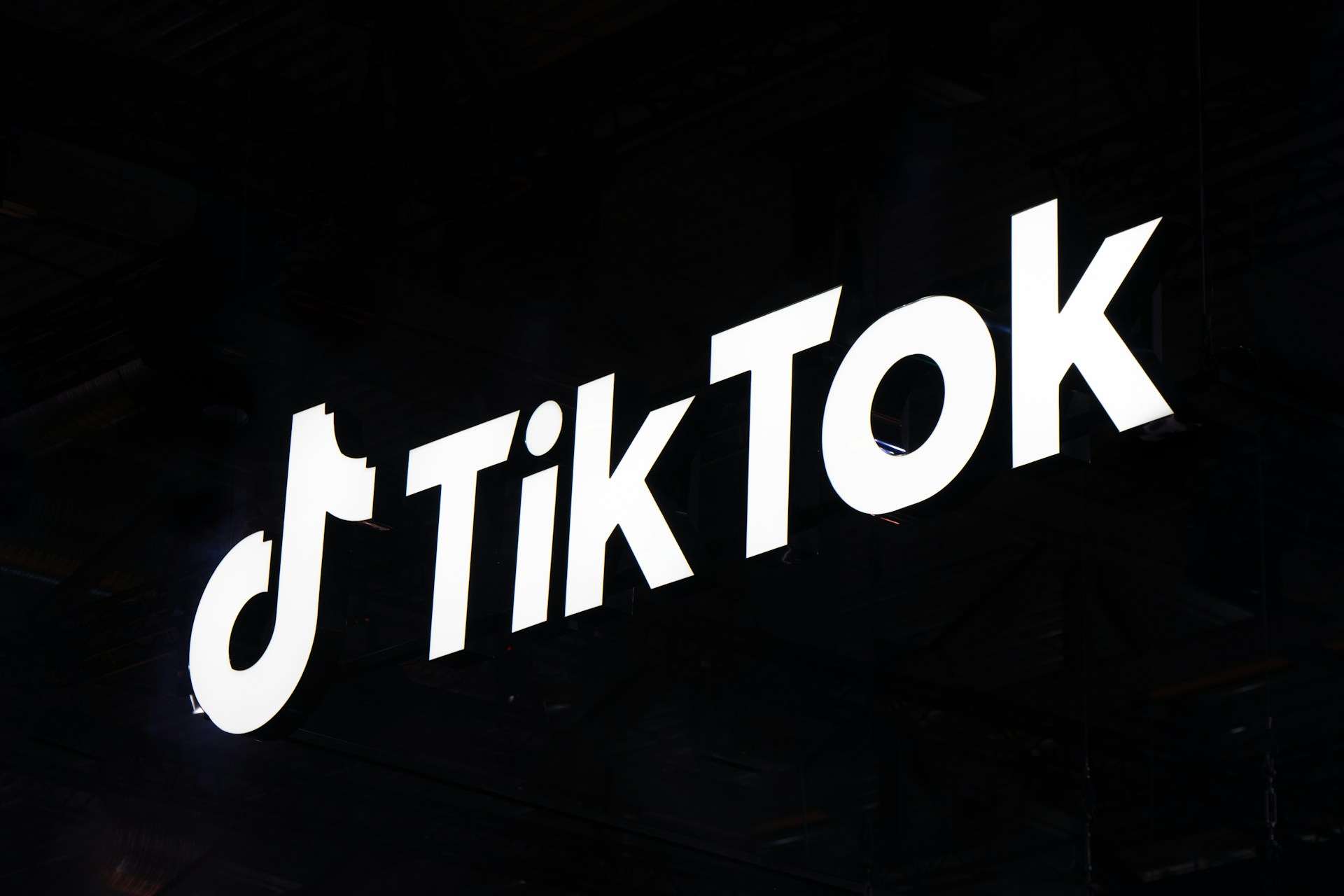TikTok May Get a Reprieve in the United States
The Chinese video-sharing app TikTok appears to be on the verge of receiving a temporary reprieve just days before its potential ban in the United States. The developments come as both the incoming and outgoing presidential administrations signal a willingness to approach the matter with caution, offering more time to find a solution.
A Complex Legal and Political Battle
TikTok has been at the center of a political and legal tug-of-war for months. Owned by the Chinese tech giant ByteDance, the app’s future in the U.S. has been uncertain due to national security concerns raised by lawmakers and officials. The key issue revolves around fears that the Chinese government, through its alleged ties to ByteDance, could exploit the platform to access sensitive user data or influence public opinion within the U.S.
These fears prompted the U.S. government to demand that ByteDance sell its American operations to a U.S.-based company. The mandate was part of a broader effort to safeguard user privacy and prevent foreign influence. However, ByteDance has consistently denied allegations of data misuse or inappropriate connections to the Chinese Communist Party, further complicating negotiations.
Trump Administration’s Approach
The incoming President Donald Trump, through his appointed National Security Advisor, Waltz, has indicated a willingness to take more time to address the issue. This approach marks a shift from the previously rigid timeline that mandated ByteDance to divest its U.S. operations by Sunday. The 270-day deadline, initially set to ensure swift action, now seems poised for extension, as policymakers weigh the implications of an outright ban on the platform.
TikTok’s immense popularity, particularly among younger demographics, has made the app a cultural phenomenon in the United States. This has added another layer of complexity to the debate, as a sudden ban could trigger backlash from millions of users and businesses that rely on the platform for content creation and marketing.
Biden Administration’s Transition Strategy
Simultaneously, the outgoing Biden administration appears reluctant to enact a TikTok ban in its final days. Sources close to the administration have indicated a preference for leaving the decision to the incoming government, citing the potential for rushed actions to result in legal and logistical challenges.
While no official statement has been made, this decision reflects a broader trend in how significant policy issues are often deferred during presidential transitions. The Biden administration’s choice to delay a ban could provide an opportunity for both sides to negotiate a solution that addresses security concerns while preserving access to the app for American users.
The Broader Implications of a TikTok Ban
The controversy surrounding TikTok highlights the growing tension between the U.S. and China in the realm of technology and data privacy. It serves as a stark reminder of how intertwined global tech companies have become with national security issues. For ByteDance, the stakes are extraordinarily high, as losing access to the lucrative U.S. market could have a profound impact on its business model and global strategy.
For the U.S., the decision also carries significant economic implications. A forced sale or outright ban could set a precedent for how foreign-owned companies operating in the U.S. are treated. This could, in turn, invite reciprocal actions against American firms abroad, further escalating tensions between the two economic superpowers.
What Happens Next?
As the Sunday deadline looms, all eyes are on the incoming Trump administration and its handling of the TikTok situation. While the reprieve seems likely, the ultimate resolution remains uncertain. ByteDance will need to continue engaging with U.S. officials to address security concerns and possibly secure partnerships or sales agreements that satisfy legal requirements.
The situation underscores the challenges of balancing national security with technological innovation and consumer freedom. For millions of American users, TikTok’s future in the U.S. remains a question mark, with the hope that policymakers can find a solution that preserves both security and accessibility.










